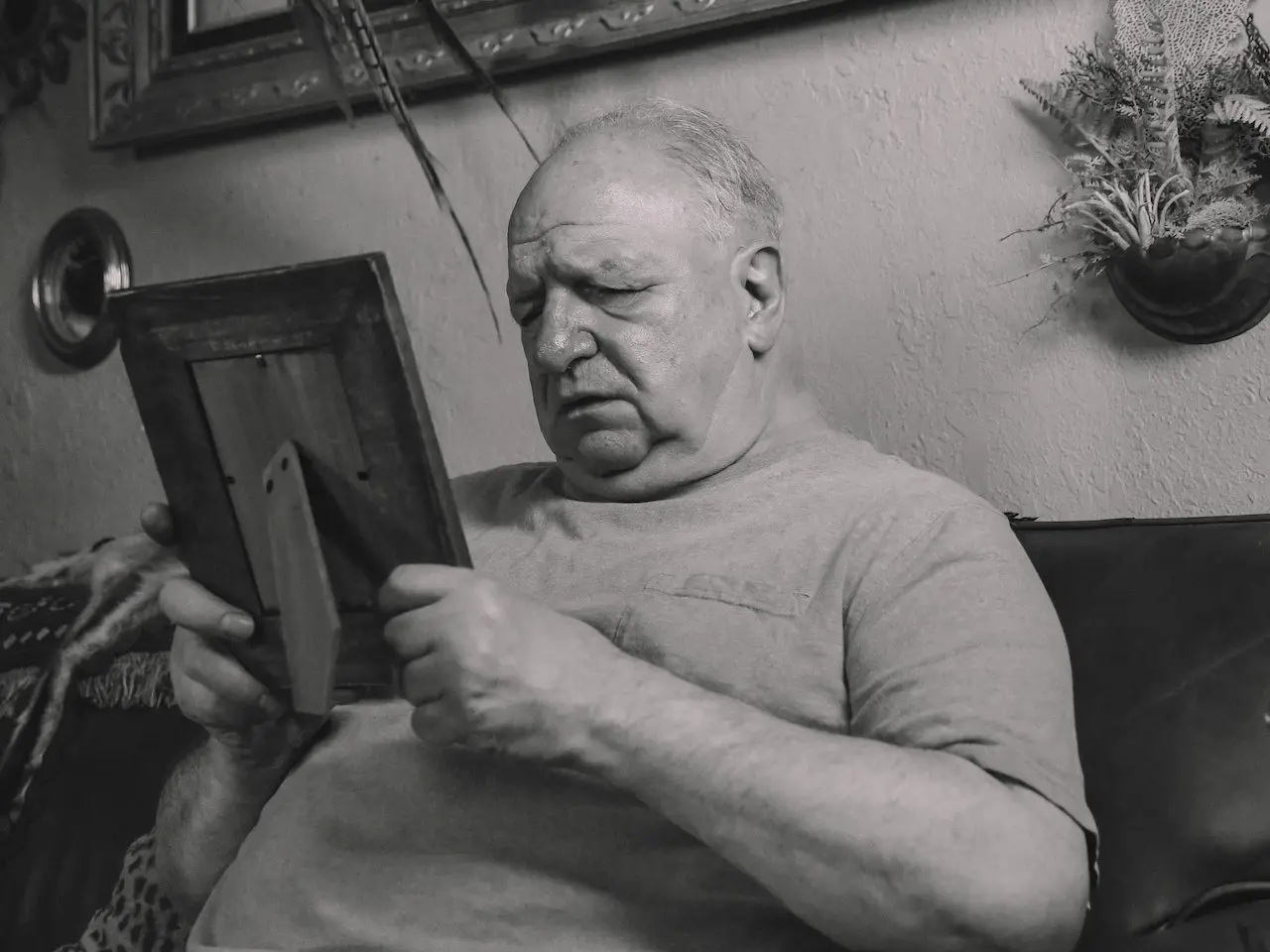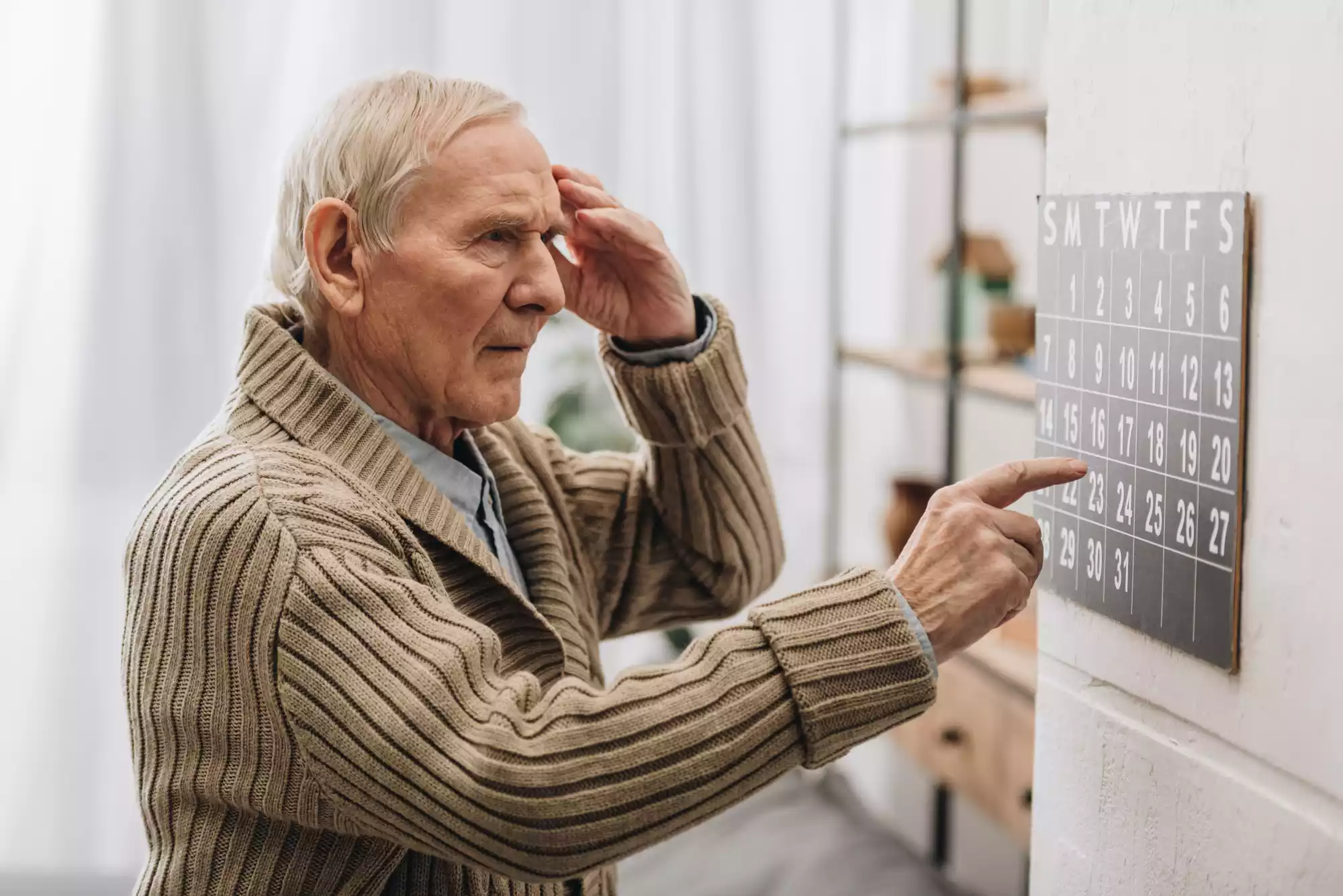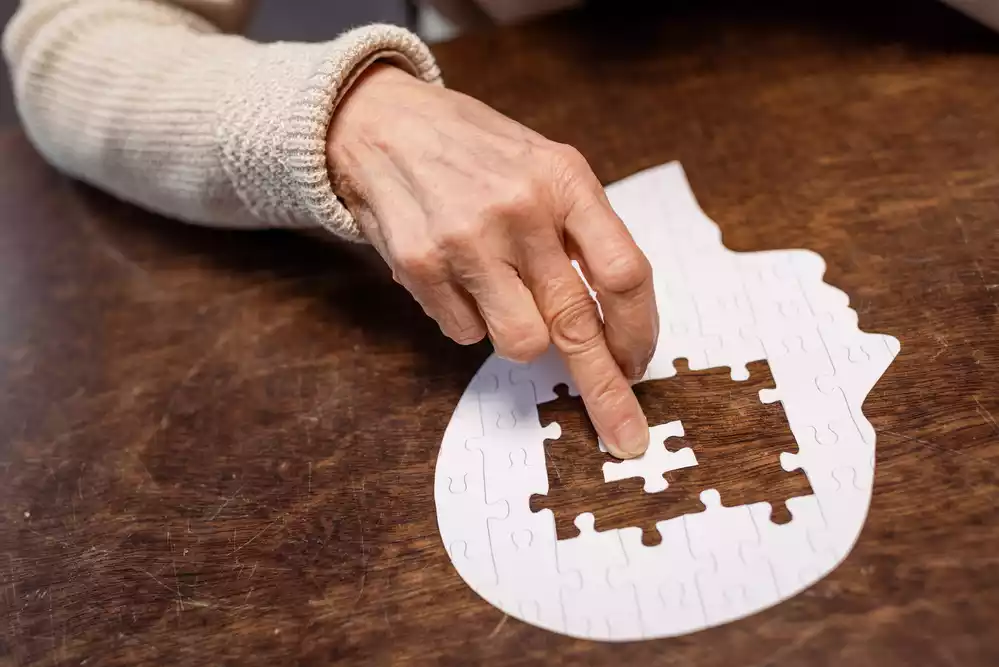Memory loss in elders is a common concern that can have a significant impact on their quality of life. As individuals age, changes in memory function can occur, leading to challenges in daily activities and relationships. Understanding the causes, symptoms, and management of memory loss in elders is crucial for providing appropriate support and care.
In this article, we will explore the various aspects of memory loss in elders, including the differences between normal age-related memory decline and more serious conditions like dementia. By recognizing the signs early and implementing strategies to improve memory retention, caregivers and family members can help elders maintain their cognitive function and independence for longer. Stay tuned to discover valuable insights and practical tips for navigating the complexities of memory loss in the elderly.
Understanding Memory Loss in Elders
Causes of Memory Loss
Memory loss in elders can be attributed to various factors. Common causes include normal aging processes, where the brain undergoes changes affecting memory retention. Additionally, medical conditions such as Alzheimer’s disease and other forms of dementia can lead to progressive memory decline. Lifestyle factors like poor diet, lack of physical activity, and social isolation may also contribute to memory impairments in elders.
Types of Memory Impairments
There are different types of memory impairments that elders may experience. Short-term memory loss, often seen in the early stages of dementia, affects the ability to retain recent information. Long-term memory loss, on the other hand, can impact the recollection of past events and knowledge acquired over the years. Spatial memory impairment may hinder navigation and orientation skills, making it challenging for elders to move around familiar places. Working memory deficits can affect multitasking abilities and concentration levels, further complicating daily tasks for older individuals residing in retirement homes.

Recognizing the Signs of Memory Loss
Forgetfulness or Absentmindedness
As elders age, it’s common for them to experience occasional forgetfulness, like misplacing keys or forgetting an appointment. However, when memory lapses become frequent or disrupt daily life, it could indicate a more serious issue. For instance, constantly forgetting important dates, events, or repeating questions can be a sign of underlying memory loss. Caregivers should pay attention to repetitive behaviors in elders that may suggest forgetfulness beyond normal aging.
Major Warning Signs to Look For
Recognizing major warning signs of memory loss in elders is crucial for early intervention and effective management. Some key indicators include:
- Severe Memory Loss: Forgetting recent events, names of family members, or familiar places.
- Confusion or Disorientation: Getting lost in familiar surroundings or struggling to follow directions.
- Difficulty in Completing Routine Tasks: Challenges in performing everyday activities such as cooking, dressing, or managing finances.
- Personality Changes: Noticeable shifts in behavior, mood swings, or withdrawal from social interactions.
- Repetitive Speech or Actions: Repeating the same stories or questions within a short period.
Being vigilant about these warning signs can help caregivers and family members take appropriate steps to address the issue promptly and provide necessary support to elders experiencing memory loss.

Impact of Memory Loss on Daily Life
Memory loss in elders can significantly impact their daily life, leading to various challenges in personal care and social implications that may result in isolation.
Challenges in Personal Care
Memory loss can pose significant challenges in personal care for elders. Forgetting regular tasks like taking medications, bathing, or eating properly can impact their health and well-being. Elders experiencing memory loss may struggle to remember if they have already eaten, leading to poor nutrition or missed meals. Additionally, they might forget to take necessary medications, affecting their overall health management. Memory loss can also result in difficulties in personal hygiene routines, such as bathing or changing clothes regularly, increasing the risk of infections or other health issues.
Social Implications and Isolation
Memory loss in elders can have profound social implications, potentially leading to feelings of isolation and loneliness. As memory loss progresses, elders may find it challenging to remember names, faces, or important events, affecting their ability to engage in conversations or social interactions. This can lead to withdrawal from social activities, causing a decline in social connections and relationships. Moreover, elders experiencing memory loss may exhibit personality changes or repetitive behaviors that can be misunderstood by others, further contributing to feelings of isolation. In some cases, family members or caregivers may choose to seek support from Mexico retirement homes to ensure the safety and well-being of elders facing memory loss challenges.

Strategies for Prevention
Mental Exercises and Activities
Keeping elders engaged in regular mental exercises and stimulating activities is essential in preventing memory loss and cognitive decline. Activities like crossword puzzles, Sudoku, card games, and reading can help maintain mental acuity. Additionally, learning new skills or hobbies, such as painting or playing a musical instrument, can provide cognitive benefits by challenging and stimulating the brain. Social interactions and engaging in conversations also play a significant role in preventing memory loss in elders residing in retirement homes. Maintaining an active social life can help in cognitive stimulation and emotional well-being, reducing the risk of isolation and cognitive decline.
Nutrition and Physical Health
Proper nutrition and physical health are crucial aspects of preventing memory loss in elders. A diet rich in fruits, vegetables, whole grains, lean proteins, and healthy fats can support brain health and cognitive function. Essential nutrients like omega-3 fatty acids, vitamins, and antioxidants can help protect brain cells and enhance memory. Regular physical exercise, tailored to individual capabilities, is beneficial for both physical and cognitive health. Activities like walking, swimming, or yoga can improve circulation, reduce the risk of cardiovascular disease, and promote brain function. Adequate sleep is also important as it allows the brain to consolidate memories and recharge, contributing to overall cognitive well-being in elderly individuals, particularly those in retirement homes.

Caring for Elders with Memory Loss
Tips for Family Members and Caregivers
Family members and caregivers play a crucial role in caring for elders with memory loss. Here are some essential tips to help them provide the best support:
- Establish a Routine: Creating a consistent daily routine can help elders with memory loss feel more secure and reduce anxiety.
- Encourage Physical Activity: Regular exercise not only benefits physical health but also promotes cognitive function and mood in seniors experiencing memory loss.
- Promote Mental Stimulation: Engage elders in memory-boosting activities such as puzzles, reading, or learning new skills to help maintain cognitive abilities.
- Ensure Proper Nutrition: A balanced diet rich in fruits, vegetables, whole grains, and healthy fats is essential for brain health and overall well-being.
- Support Social Interactions: Encourage elders to interact with family and friends, participate in social events, or join support groups to prevent isolation and stimulate their minds.
Professional Care Options and Resources
When caring for elders with memory loss becomes challenging, exploring professional care options and resources can provide valuable support:
- Memory Care Facilities: Specialized memory care facilities within retirement homes offer tailored support and services for seniors with memory loss. Casa de Retiro El Mirador is the perfect place.
- In-Home Care Services: Hiring trained professionals to assist with daily activities, medication management, and personal care can help elders remain in familiar surroundings while receiving the necessary support.
- Support Groups: Joining caregiver support groups can offer emotional support, practical advice, and a sense of community for those caring for elders with memory loss.
- Respite Care Programs: Respite care programs provide temporary relief for family caregivers, allowing them to recharge while ensuring their loved ones receive proper care and attention.
By implementing these tips and exploring professional care options, family members and caregivers can effectively support elders with memory loss and enhance their quality of life.


